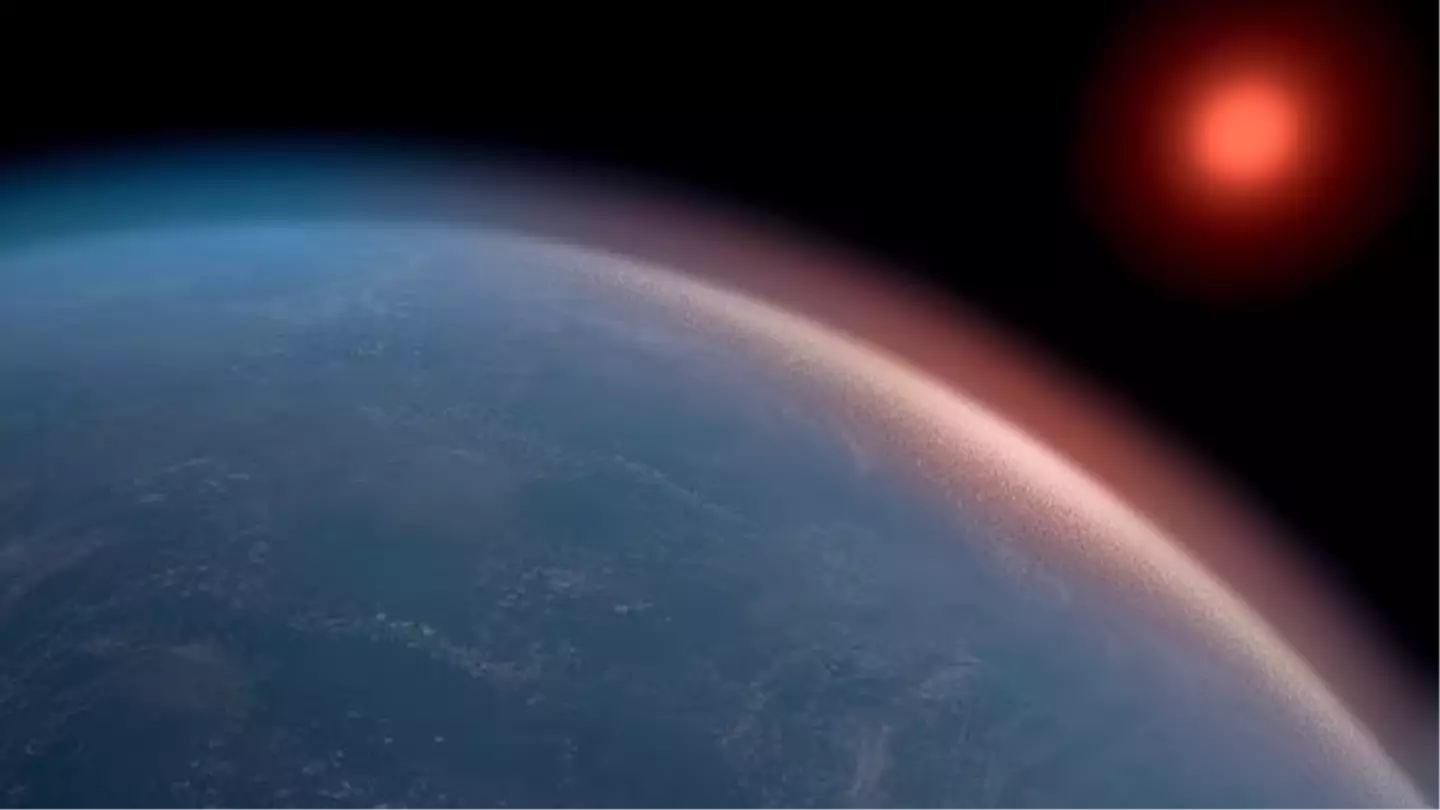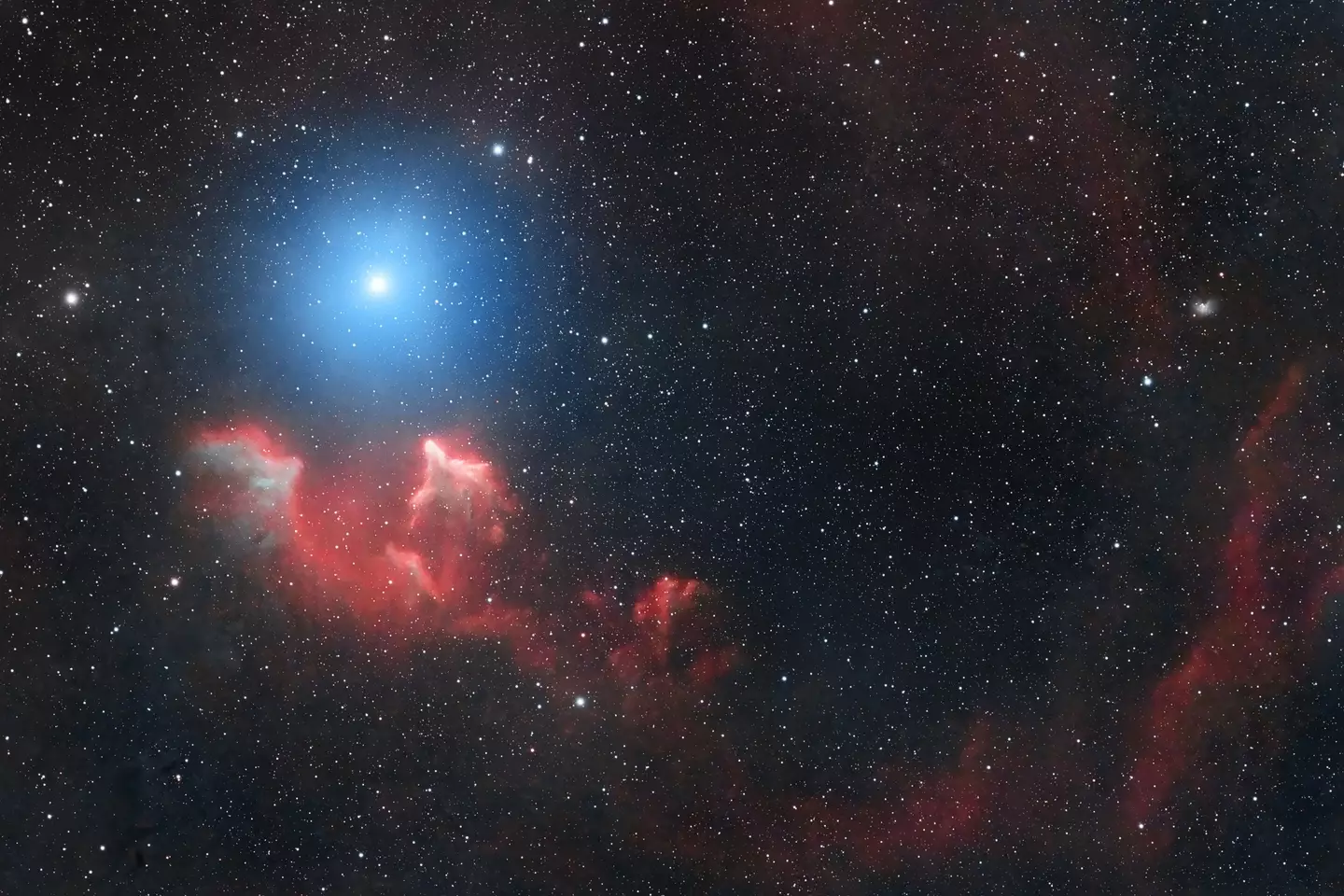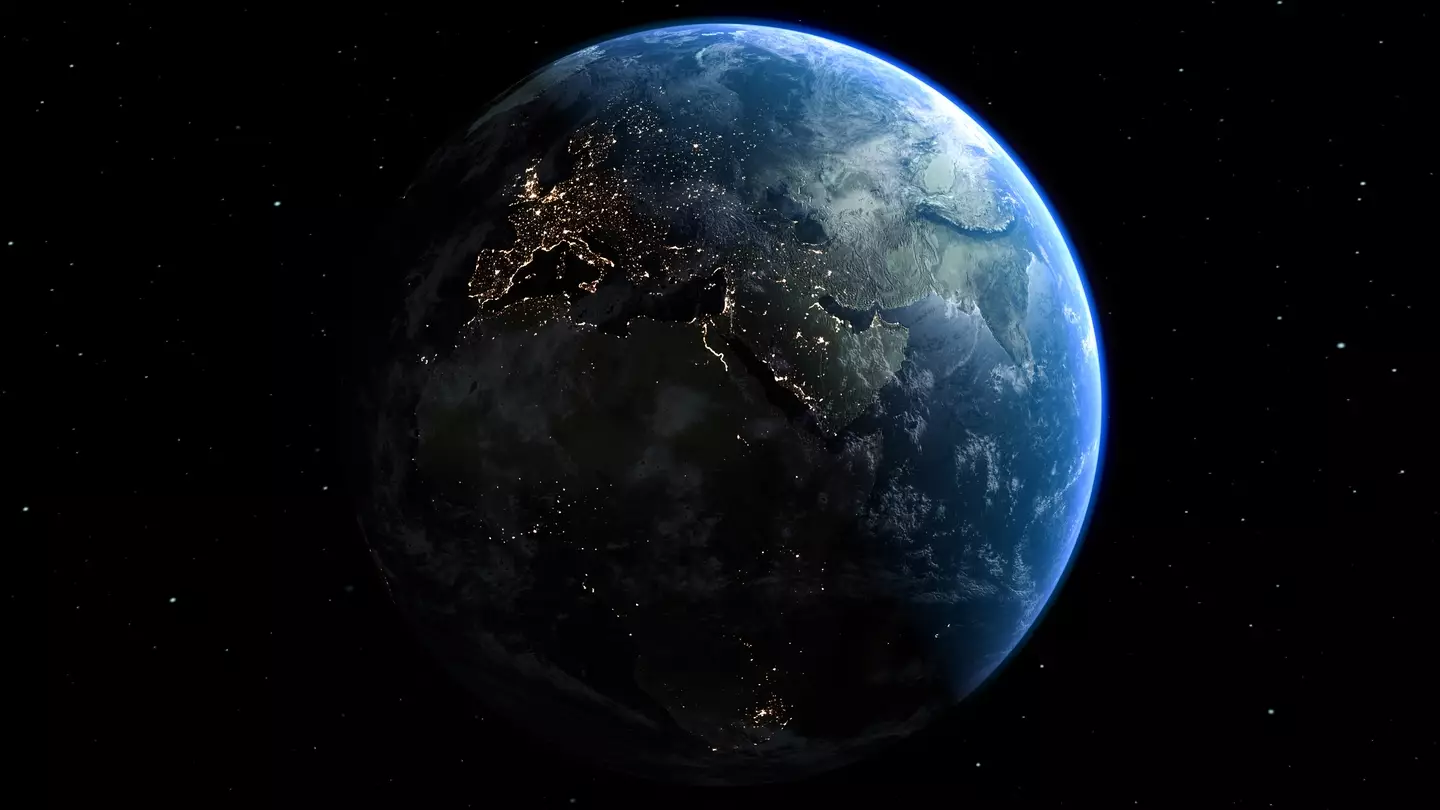
A study has revealed the 'strongest hints yet of biological activity outside' our solar system, building on previous exciting observations.
While everyone's fussing over Katy Perry going to space, the University of Cambridge has led a study honing in on the atmosphere of a planet called K2-18b.
However, it does say that astronomers 'remain cautious' about their findings, but why?
The study - titled New Constraints on DMS and DMDS in the Atmosphere of K2-18b from JWST MIRI and published in The Astrophysical Journal Letters - used data from the James Webb Space Telescope (JWST), ' the largest, most powerful and most complex telescope ever launched into space'.
Advert
The study looked at the atmosphere surrounding K2-18b - an exoplanet 8.6 times as big as Earth, lying roughly 120 light-years away from us and orbiting the cool dwarf star K2-18.
In looking at the data, the team of astronomers detected 'chemical fingerprints of dimethyl sulfide (DMS) and/ or dimethyl disulfide (DMDS) in the atmosphere of the exoplanet'.
So, what do the findings on exoplanet K2-18b actually mean?
Well, on Earth, DMS and DMDS are 'only produced by life' - 'primarily microbial life such as marine phytoplankton,' the University of Cambridge explains.
The study continues: "While an unknown chemical process may be the source of these molecules in K2-18b’s atmosphere, the results are the strongest evidence yet that life may exist on a planet outside our solar system."
Observations revealed there's only a '0.3 percent probability' the chemical fingerprints 'occurred by chance'.
However, 'to reach the accepted classification for scientific discovery,' there would have to 'be below a 0.00006 percent probability they occurred by chance'.
So, what's next?

The recent study follows on from earlier observations of the planet revealing carbon-based molecules in the habitable zone of the atmosphere of the exoplanet, seemingly supporting predictions there may be 'a habitable ocean-covered world underneath a hydrogen-rich atmosphere'.
While the earlier observation was slightly less certain as to whether or not DMS was being detected, the signal of DMS in the recent study 'came through strong and clear'.
Professor Nikku Madhusudhan from Cambridge's Institude of Astronomy - who led the research - said: "Earlier theoretical work had predicted that high levels of sulfur-based gases like DMS and DMDS are possible on Hycean worlds.
"And now we’ve observed it, in line with what was predicted. Given everything we know about this planet, a Hycean world with an ocean that is teeming with life is the scenario that best fits the data we have."

The researchers are now said to be planning a period of follow-up observation time with the James Webb Space Telescope of between 16 and 24 hours.
They hope this may 'help them reach the all-important' percentage of under 0.00006 percent to be able to classify the findings as a 'scientific discovery'.
Madhusudhan resolved: "Decades from now, we may look back at this point in time and recognise it was when the living universe came within reach.
"This could be the tipping point, where suddenly the fundamental question of whether we’re alone in the universe is one we’re capable of answering."